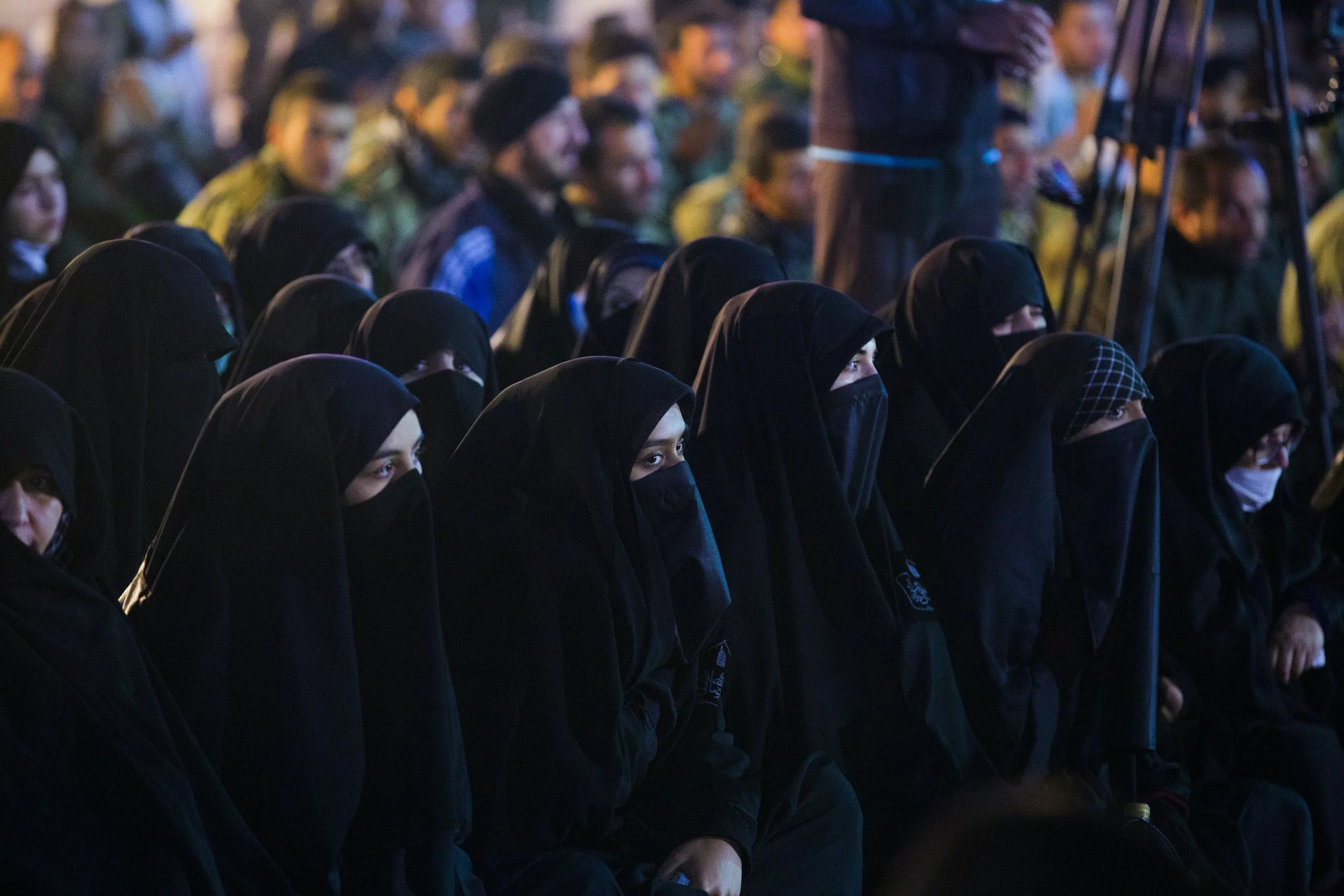Afghan Media Suffer from Economic Hardship

In April, Afghanistan lost two more local radio stations as the country's media community was hard hit by economic hardship.
The closures of two stations - Paktia Ghag, in Paktia province, and Sadai Maimana, in Faryab province - were attributed to financial constraints. Between the beginning of the Taliban takeover in August and the end of last year, more than 40% of Afghan media outlets closed, according to groups such as Reporters Without Borders and the Afghan Independent Journalists Association.
The media rights groups conducted a joint survey and found that up to 60% of journalists, roughly 6,400 people, lost their jobs during that period. Taliban media guidelines and restrictions, coupled with economic hardship since the takeover, have adversely affected the media sector's finances.
Previously, media organizations could rely on international organizations for support, as well as private companies and the government for revenue. However, these sources have dried up. According to the United Nations, Afghanistan is experiencing a severe humanitarian and economic crisis. Additionally, the Taliban have ordered media organizations to share advertisements before broadcasting them. VOA reported that the Taliban Ministry of Information and Culture letter instructed media outlets to share advertisements with the ministry that have "political, security, or social" content.
Economic problems are one of the main reasons media outlets are closing, says Hujatullah Mujadidi, vice president of the Afghanistan Independent Journalists Association, who spoke to VOA. “Unfortunately, the system collapsed and the international organizations halted their financial support. The government and private companies also stopped giving ads.”
He and other Afghan media organizations have been calling on international organizations to support the media, and on the Taliban to ensure greater access for journalists. If media outlets are not supported, Mujadidi said, “We will witness the closure of more outlets, and it will result in silencing freedom of expression and a loss of jobs.” “It will be a catastrophe for media in Afghanistan.”
